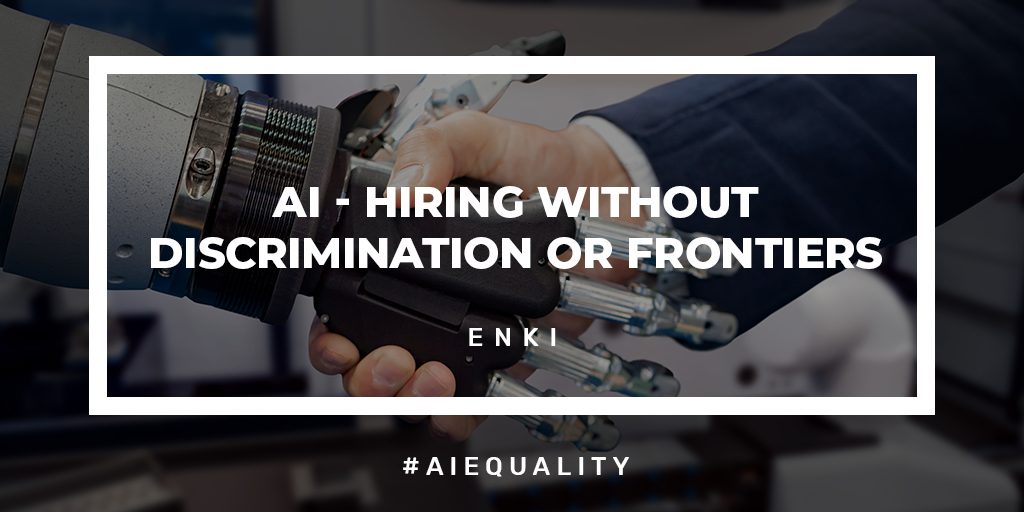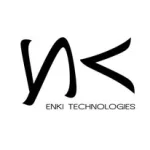
Diversity in the Workplace
Diversity in the workplace is vital for a variety of reasons that benefit both employees and employers. Working alongside individuals of different ethnic backgrounds, genders, ages, disabilities, etc., helps create an environment that fosters mutual respect amongst employees. Working alongside many kinds of people can nurture employees’ talents. The combination of differing strengths and work styles helps cultivate teams of people prepped to handle various tasks in more innovative and effective ways. Companies that develop a diverse workforce tend to have a more positive and productive working environment with employees who can resolve conflict respectfully. Employees learn to respect others’ differences and grow together from their similarities by working with others from varying backgrounds. Companies that demonstrate social responsibility and invest in making their work environment open and supportive of different kinds of people will garner more success and customer loyalty.
Talented candidates from diverse backgrounds are often overlooked when they do not come from the traditional candidate pools that employers pick from. As a result, skilled individuals miss out on great job opportunities, and many companies disregard capable people that can help their company grow. A few companies have begun implementing AI-powered recruiting software in their hiring process, but this has not been without its issues. In 2014, Amazon, the e-commerce giant, began building an internal computer software designed to review job applications that came through the company’s online hiring portal. The machine would review potential job applicants and give them a ranking between one and five stars. Using the data accumulated by the AI, human recruiters could then pick through the smaller pool of more desirable candidates to then go on to get hired. The project’s goal was to build a machine capable of screening thousands of resumes in a short amount of time to identify top-tier talent quickly. A device like this would help eliminate the arduous process of manually reviewing resumes, saving the company time and money. And because it was a machine doing the reviewing, developers also thought it would make the screening process unbiased. It was supposed to be Amazon’s “holy grail.” But one year later, developers of the machine began to realize that this was not the case. In 2015 developers started to notice a startling pattern with which the engine was ranking the job applicants. The machine would rank men five stars overwhelmingly and rank women lower, even if the women in the pool were just as qualified as their male counterparts. A grave error had been discovered. The machine’s job was to examine resumes and identify patterns in the resumes that matched existing resumes submitted to the company over ten years, ostensibly looking for resumes matching the kinds of candidates the company tended to hire.
With Amazon’s failed experiment made public, many companies have felt discouraged to use AI in their hiring process. But proponents of AI say that it is possible to develop an AI-powered recruiting system that is fair. When implemented right, AI can help overcome human biases. One such person is Genevieve Jurveston, Co-Founder and CMO of Fletcher. Fletcher is an AI-based recruiting firm that Juverston claims can help companies recruit a qualified and diverse group of job candidates. Juverston believes that AI can be a considerable asset to bring equality to the hiring process when programmed correctly. The most significant benefit that AI brings to the table is that it can operate without human bias. For example, humans have developed a bias towards men in high-ranking positions because most of us have only ever seen executive positions filled by men. As a result, when recruiting for a high-level position, human recruiters will be biased towards hiring male candidates for the job. Juverston says that to resolve human bias in the hiring process, humans must pull themselves out of the hiring process, at least initially. Fletcher’s technology is fully automated to screen candidates to find optimal talent to present to Fletcher’s clientele. Unlike Amazon’s internal recruiting software, Fletcher’s software is designed to search for potential candidates using much more innovative methods.



